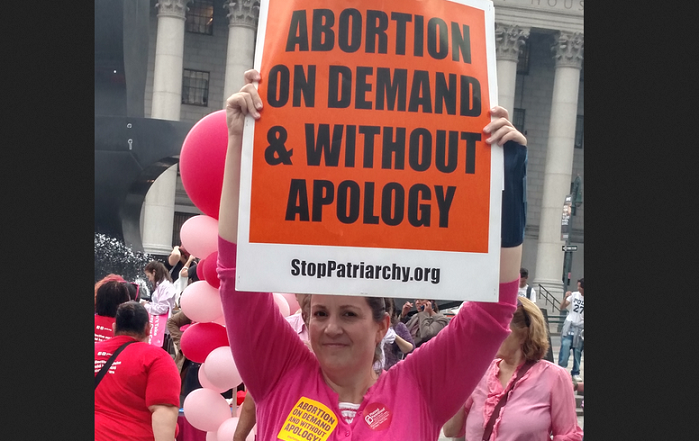Following in the footsteps of California, a group of Massachusetts lawmakers want to force public colleges and universities in the state to provide dangerous abortion drugs on campus.
State House Bill 3841 mandates that public universities provide abortion drugs to students up to 10 weeks of pregnancy at campus health centers starting in January.
Boston University News Service reports the Massachusetts Joint Committee on Public Health discussed the bill on Sept. 10, the most recent action reported on the pro-abortion bill. If the legislation passes, more than 100 public colleges and universities in the state could be forced to begin providing abortions.
J. David Franks, board chair for Massachusetts Citizens for Life, slammed the bill as “dangerous” for students.
“Facilitating this pop-a-pill mentality as if one can deal with the grave and long-reaching consequences of our reproductive biology, as if one can pop a pill or two and then have no problems. It’s just magical thinking,” Franks told the news outlet.
C. J. Williams, community engagement director for the pro-life organization, said the bill does not provide pregnant students with options, it pushes abortions.
“If you’re just putting an abortion facility in the middle of their college campus, our daughters are not getting the message that they have a choice. You want to give them options, not abortion,” she said.
Like the California law signed by Gov. Gavin Newsom in October, the Massachusetts bill does not provide prenatal care or other pregnancy and parenting resources for students. It just mandates abortions.
State Rep. Lindsay Sabadosa, the sponsor of the bill, said she wants students to have easier access to abortion.
Click here to sign up for pro-life news alerts from LifeNews.com
“The bill is slightly different than the California legislation in that it does create a trust that would be used to fund the cost of the medication on campuses. It could certainly become a line item in the budget,” she told the news outlet.
Her bill would set up a fund where the state legislature can use taxpayer-dollars to provide abortions on campuses across the state, according to the report. It suggests giving $400,000 to each campus to help set up abortions, the report states.
Unlike the California law, the Massachusetts bill “only impacts public universities that already have health services on campus where they perform OB-GYN appointments, so it does not require universities to make upfront capital investment. It’s really the cost of the medication,” Sabadosa said.
The California law was met with wide-spread opposition. Even pro-abortion Democrat Gov. Jerry Brown vetoed an earlier version of it, saying it was “not necessary” because abortions already are easily accessible to college students. Brown pointed to a study from the supporters of the bill showing that the average distance to an abortion facility from campus was only about 5 miles.
The University of California and the California State University systems also expressed concerns about the legislation. They said they are not prepared to handle the immense costs of providing abortions on campus, according to CBS 13 Sacramento. They pointed to the costs of ultrasound machines, staff training, increased liabilities and more.
Despite the opposition, abortion activists expressed hope the California law would become “a model across the country, for every state.”
Students for Life of America President Kristan Hawkins told LifeNews.com, previously, “The Pro-Life Generation will not sit back and watch their college and university campuses be turned into Planned Parenthood’s new money making machine.”
The student organization fought against the bill in California, and Hawkins said her organization is preparing to help students in other states that might consider similar legislation.
ACTION: Contact Massachusetts state lawmakers and urge opposition to HB 3841.








